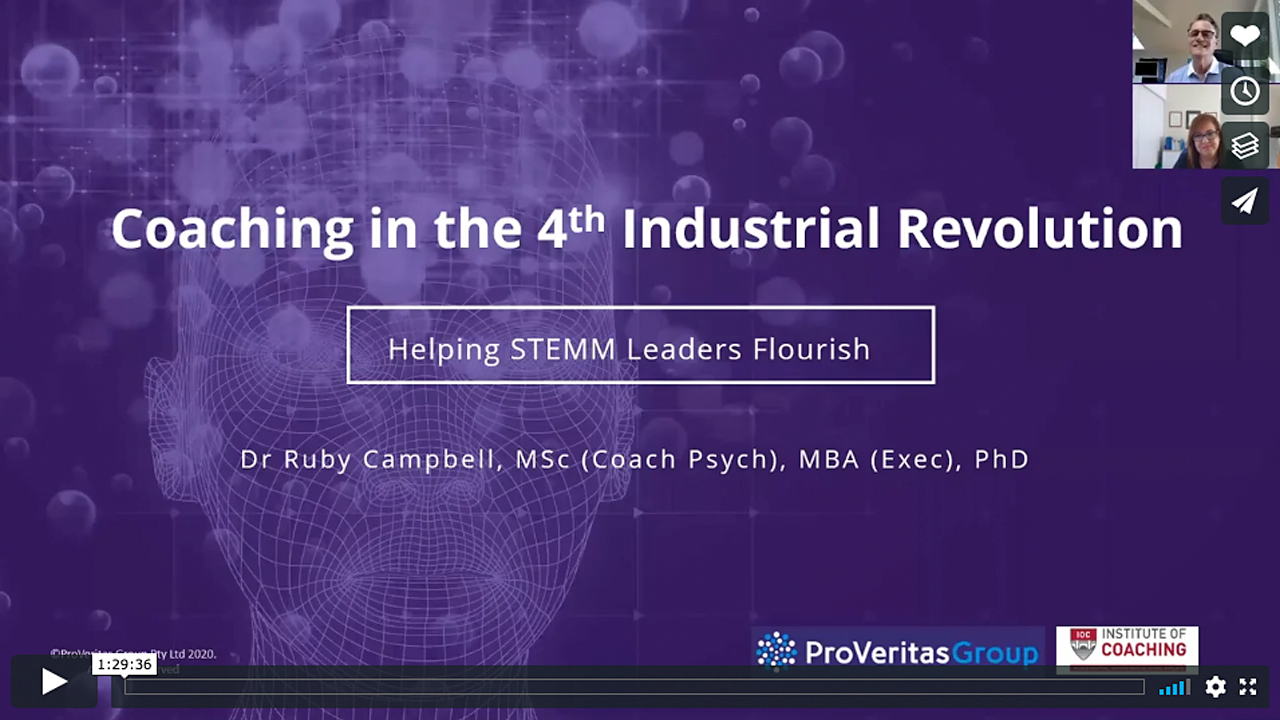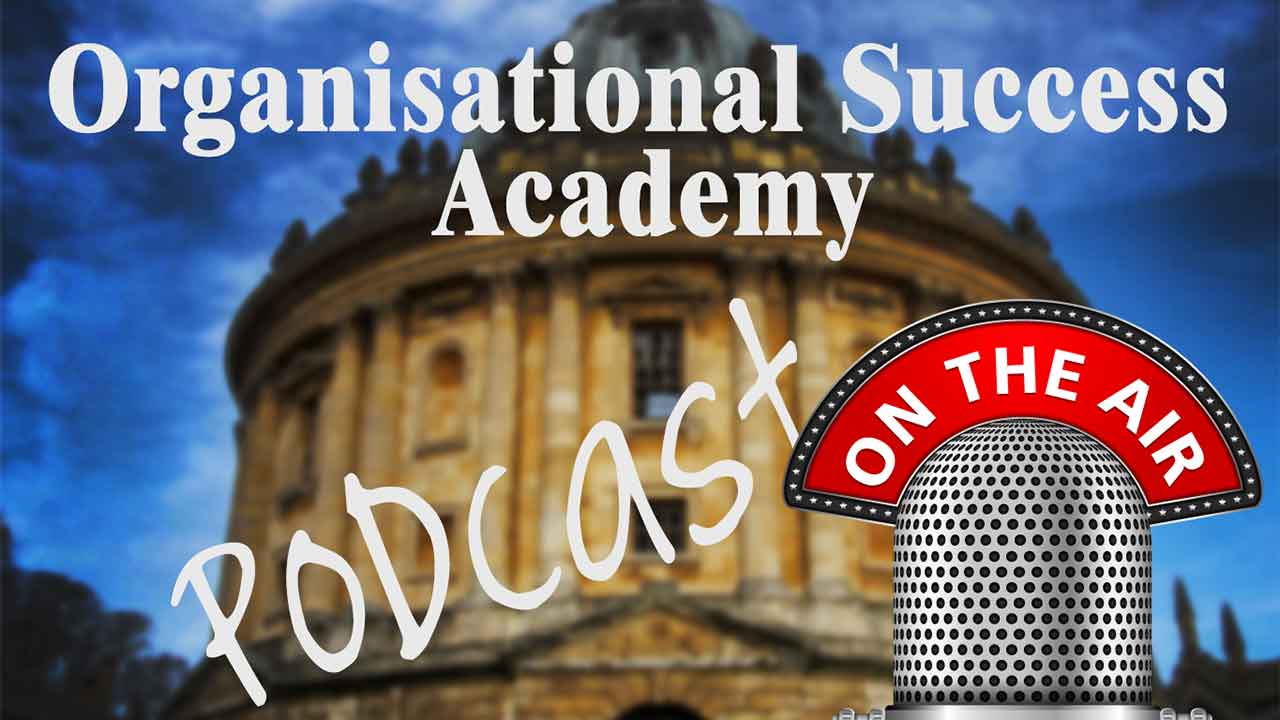We have put together some of our most frequently asked questions to assist with your initial enquiry process.
Coaching produces significant change when the person being coached is ready to change and is now viewed as a key component in leadership development and success. Coaching is a forward-moving, solutions-focused process that is collaboratively created by the coach and the client (an individual or a team). During this process, we explore the necessary conditions for learning, growth, and change. Ultimately, outcomes are achieved according to the needs of the client.
The answer to this question goes to the intended outcomes of coaching. If a client needs to improve their presentation skills, for example, a specialized skills coach can accelerate the client's time to value realization. In leadership development, you need coaches who have industry experience, a process orientation, tertiary psychology education, and a strong professional reputation. Please read this article to learn more about how to select a coach.
Significant career transition points are excellent times to benefit from coaching. Every move into roles of increasing responsibility represents a turn in leadership. These transition moments are superb to benefit from an executive coach. Short-term coaching focused on specific issues can also be of great benefit. The client needs to have time for coaching; it cannot be something relegated to side work. Coaching sessions are approx. 1.5 hours in duration and are held every 2 to 4 weeks, depending on the client’s needs.
To assess value, the best question to consider is, “what is it worth?” It’s costly to lose extraordinary talent, to fail when promoted to a new role, or to waste years in a meaningless job. Therefore, shifting the conversation from expense to value will help answer this question. Depending on what your needs are, our leadership coaching programs will range from $7K to $27K AUD, payable in 2 advance instalments. Private clients may qualify for an attractive discount.
Most coaching assignments last several months. Career coaching for senior leaders may take up to 6 months. Whereas senior executive leadership coaching programs may go for 12 to 24 months. Coaching sessions are approx. 1.5 hours in duration and are held every 2 to 4 weeks, depending on the client’s needs. The coaching engagement may also include internal and external training and workshops.
When a point exists that an exchange of value isn't being created, in the best relationships, coaches and clients will pause. They explore sources of discontent and challenge and decide how to move forward. Every conclusion that happens in this context will raise a discussion about goal progress.
The effects of coaching can be profound. Growth and change are anxiety-producing events, and appreciation of those forces is essential to the client and their network. Co-workers and intimate partners may not be prepared for change. It’s critical to have the means to assess and understand the impact of coaching on others, which can be facilitated by the coach in most instances.
The International Coaches Federation provides the core competencies coaches must have, which can be found here. This is particularly important when selecting a professionally qualified and experienced coach. A blend of collegiality, inquiry, and candour are three ingredients in successful coach and client relationships. ProVeritas coaches have a humanistic approach to coaching based on principles of unconditional positive regard for all humans.
Relevant stakeholders provide valuable feedback. They’ve seen us, and they see us. Your boss’s unique role enables a perspective that may otherwise be hidden in the tasks of managing. Your boss can integrate coaching skills into their managerial practice but have a role distinct from a professional development coach. When the client is an organisation (hiring a coach to work with a leader or a team), the coach will organise several meetings with all relevant stakeholders e.g., the coachee, the coachee’s Manager and HR to ensure there is clarity and alignment of responsibilities and expectations. This is all captured in a Coaching Agreement, approved and signed by all stakeholders.
Now that you have read the FAQs and answers, please go to the Contact Page and tell us more about your leadership development, leadership coaching or team coaching needs.
OUR KEY leadership coaching solutions
Emotional Intelligence, visioning, sense-making, inventing and other essential leadership capabilities.
Evidence-based, customised L&D solutions to equip 21st Century leaders achieve business outcomes sustainably.
Helping teams function as more than “the sum of its parts” by learning how to connect and collaborate effectively.
Helping organisations understand, develop and action evidence-based ESG strategies with humanity in mind.
Executive Leadership Media & Podcasts

Podcast: Ruby Campbell’s SCIENCE Coaching Model - Episode 20
LISTEN NOW HERE

Webinar: Dr Ruby Campbell with the IOC McClean Hospital/Harvard Medical School Affiliate on 'Coaching in the 4th Industrial Revolution'. Leadership Coaching has become one of the most effective Learning &...
VIEW VIDEO HERE

Podcast: In this episode from The Oxford Review Podcast, an interview from Dr Ruby Campbell, author of Scientists in Every Boardroom: Harnessing the power of STEMM leaders in an irrational...
LISTEN NOW HERE
Dr Ruby Campbell is the founder and Managing Director of ProVeritas Leadership, and Executive Coaching and Consulting firm. She is also the author of the ground-breaking book Scientists in Every Boardroom: Harnessing the Power of STEMM Leaders in an Irrational World.
MORE ABOUT OUR TEAM
Please complete the enquiry form so we can help you with your growth journey. You will receive an email from us within 24 hours.